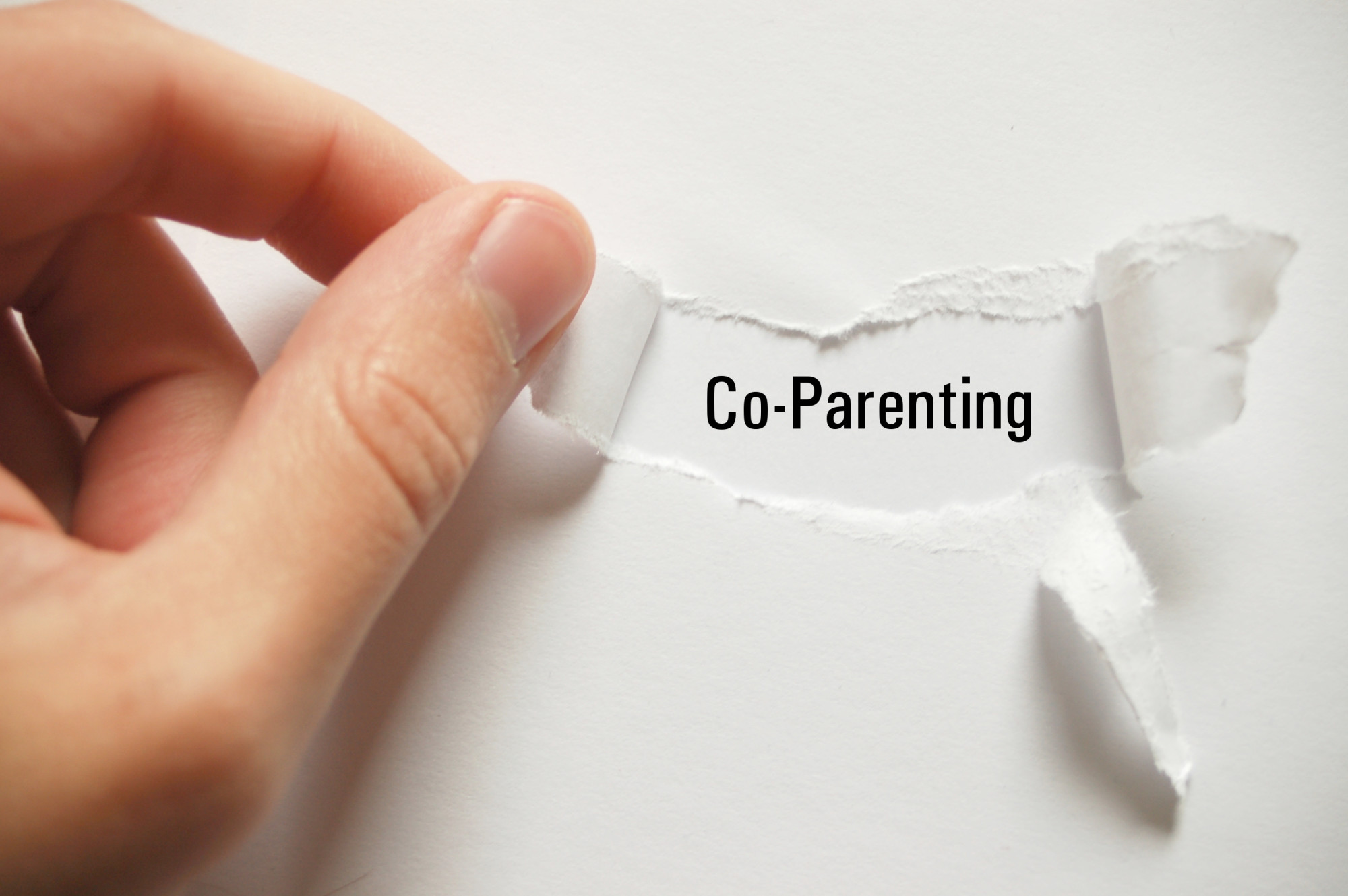How to Get Emancipated: What You Need to Know
The parent and child relationship is the most natural in the world. However, even with this relationship, there are situations in which it isn’t working out, and it would be in the best interests of the minor to set out on their own.
The legal term for this process is called emancipation. There are more than 20 million emancipated minors in the United States today.
When you understand the reasons for minors to become emancipated, along with the process, you’ll be able to make the right decisions moving forward.
These points of information will teach you how to get emancipated so that you can handle this legal situation with the precision that it requires.
What Is Emancipation?
The emancipation of minor means that a person under 18 legally files paperwork to become their own guardian. They become completely independent of their parents, and are able to take on certain rights for taking care of themselves.
This includes things like the ability to sign contracts, obtain employment, get a driver’s license, and other points. In order for this process to take place, the minor will need to present evidence to the court, at which point the judge will have final say over the decision.
Understand Emancipation Law
It’s vital that you understand the legal requirements and ramifications of emancipation so that you’re well informed. The process starts in the juvenile branch of your family law court. You start by filing a petition with the judge.
In most states, you need to be at least 16 years old and must satisfy certain legal requirements. Some situations in which a minor may become emancipated include:
- Abuse or unfit parenthood
- Entering into a legal marriage
- Joining the armed forces or other professional commitments
- The willingness and financial ability to care for oneself
- The minor and their parents have family circumstances that make it best for both parties
You’ll need to study the emancipation laws in your state to make sure that you meet these requirements. From there, you can research the correct court and make sure that you put in your paperwork to get the ball rolling on the process.
Learn What Emancipation Dictates
Now you understand what emancipation is, but that begs the question — is it right for you? It may not be all it’s cracked up to be depending on your life circumstances.
Take the time to understand these emancipation law details so that you can understand if it’s a suitable situation for your life:
You Must Be Willing to Support Yourself
First and foremost, you need to be able to completely support yourself if you’re going to be emancipated. There’s no such thing as being halfway emancipated, so you need to check your bank account, resources, and employment and make sure that it’s suitable to support your life.
This means having a place to live and being disciplined enough to budget and manage your money. Many teenagers fantasize about living on their own but find out it’s better left a fantasy once they realize everything they are now responsible for.
Consider consulting with a financial advisor and seek the counsel of someone that you trust before making this sort of decision.
It’s Important to Be Emotionally Sound
Emancipation is far more than just a financial decision. You need to make sure that you’re emotionally mature and stable enough to live on your own — especially given the circumstances.
In many situations, being emancipated from a parent is a traumatic, yet necessary decision to make. This doesn’t mean that it’s without emotional repercussions, so you need to be prepared to get mental health services or otherwise heal during this process.
Make sure that you are mature enough to make sound decisions regarding the direction of your life since you must now be your own counsel and sounding board. It may not be the best decision if you have serious mental or emotional issues that haven’t been worked through, and it’s not a decision to rush into.
You Need a Plan
Only move forward with emancipation if you have an ironclad, well-thought-out game plan. This includes where you will live, how you will finish your high school diploma or general education development (GED) certificate, and how you will continue your education or enter a trade.
Audit your circle of friends and influences and make sure that they are net positives in your life. Take some time and effort to think about your plan. This way, it’s not a rash decision, and your emancipation is more likely to be granted if you show forethought.
Emancipation May Burn a Bridge
Keep in mind also that there’s no turning back once you decide to get emancipated. Your parents will no longer have any obligations or control over your life.
This may be necessary, but it might also build resentment. It’s possible that it will create or worsen wounds that will take some time to heal if they heal at all.
Weigh the pros and cons of this decision while keeping this in mind.
Hire an Attorney
Simply put, emancipation is a complex process. You’re going to need legal help so that you understand the process and are able to get accepted.
Research and hire a lawyer with years of experience, and get a series of consultations before making a decision on which law firm to work with.
How to Get Emancipated 101
These tips explain in detail how to get emancipated. It’s a legal process that you should never go through on your own, so arm yourself with the right information.
Family Attorneys Near Me has the resources that you need to get the help that you’re seeking. Take advantage of our family law information to help with your emancipation or any other type of case.






